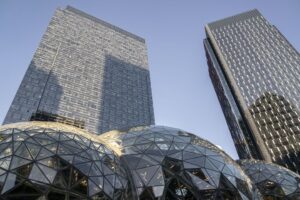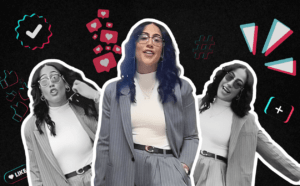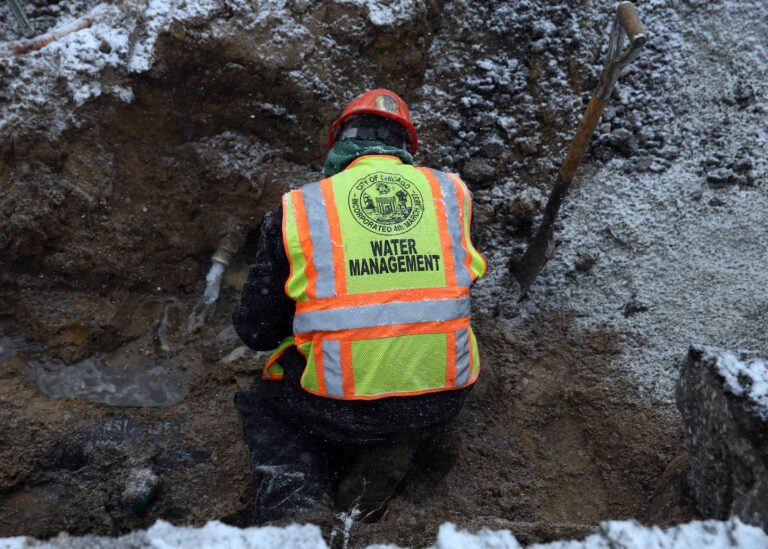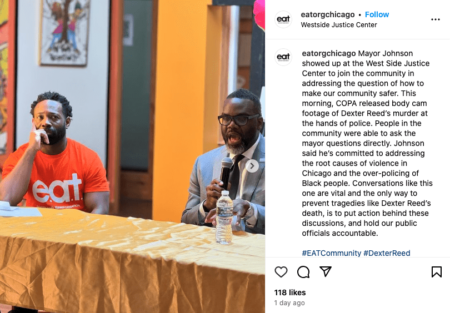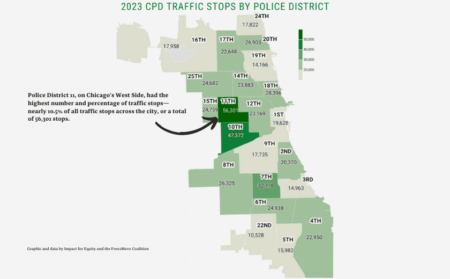Mayor Lori Lightfoot’s order to end residential water shutoffs for bill nonpayment is now formally part of city law, in an ordinance the City Council approved Wednesday that also prohibits the privatization of Chicago’s water system.
The new law came after a competing “Water for All” proposal by 1st Ward Ald. Daniel La Spata, which would have expanded utility relief further and shifted more of the cost burden of bills onto commercial water users, failed in a committee in May.
Advertisement
Chicago’s water is a source of controversy. Lightfoot has said the city needs to replace lead service lines and set aside more than $17 million to replace 650 out of 400,000 that ultimately need removing. But even the city’s modest plan has not seen much success, as only a few dozen lines have been replaced.
While Lightfoot and her administration have talked about the need to replace lead service lines, they have also repeatedly emphasized that Chicago’s water is safe.
Advertisement
A coalition of water affordability activists knocked Lightfoot’s ordinance after it passed committee earlier this week, saying it does not go far enough because residents are still at risk of incurring late fees and property liens.
But Lightfoot touted her accomplishment as a “very important step.”
“I strongly believe that water is a basic human right, period,” Lightfoot said. “We can’t function without having access to water. And it shouldn’t be that if you can’t afford to pay that, somehow you are lesser and that human right is taken away from you. It’s wrong. It’s unethical. And we will never do that again in the city of Chicago.”
Lightfoot implemented a moratorium on residential water shutoffs from nonpayment in 2019, meaning the new law will not have a budgetary impact, a city representative said during a committee hearing this week. Separately, a utility billing relief program has been in effect for about two years for low-income Chicagoans.
Ald. Michael Rodriguez, 22nd, who supported La Spata’s initiative, said the proposal from Lightfoot was progress but didn’t appear completely satisfied.
“I wanted to recognize … a number of community based organizations that have really fought hard and I believe that have gotten us to this point, largely by their advocacy, even if they haven’t had the final say on this,” Rodriguez said during the committee hearing. “I’m not sure if it’s all the way there, but certainly it’s a step.”
La Spata also approved of the Lightfoot ordinance but said he wanted to revisit expanding the utility billing relief program and examine water rates in the future.

